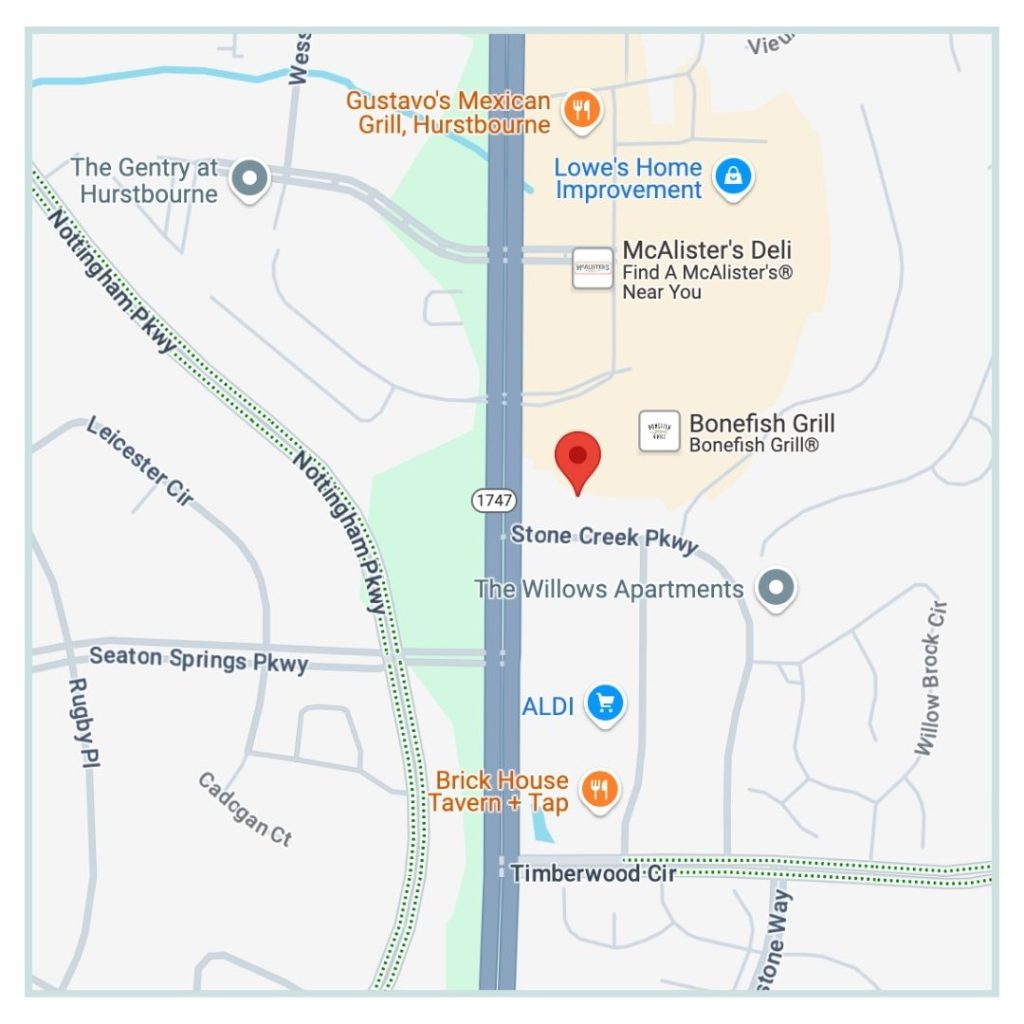As we age, many of us will begin to lose our memories, judgment and decision-making abilities. It can be one of the most heartbreaking parts of aging, both for the affected senior and his family. However, with careful planning, it is possible to ensure that you will continue to live as comfortably as possible. At the same time, your financial and medical matters will be handled by someone you trust.
The two ways this most commonly happens are through guardianships and powers of attorney. Though a guardian and someone with power of attorney have similar powers and duties, there are important differences to note.
Power of attorney
Designating someone as power of attorney is a voluntary process that the designator participates in. For your power of attorney document to be valid, you must be mentally competent enough to understand what you are signing. People often designate an agent as having power of attorney as part of their estate plan before any competency issues arise, but it may still be possible to do this if you have been diagnosed with Alzheimer’s or other dementia.
The most useful type of power of attorney for situations where the maker anticipates losing competence is the durable general power of attorney. The durable form makes it clear that the agent retains authority after the maker becomes incompetent.
The agent you designate will have a great deal of power over your affairs, such as the right to write checks out of your bank account and take on debt in your name. You should choose someone you trust, and someone competent to handle your personal business.
Having a power of attorney is preferred to guardianship because you get to choose who will handle things for you, rather than a judge making that determination, as explained below.
Guardianship
A guardianship may be necessary when a person has become mentally incompetent without a durable power of attorney in place. Because the person cannot decide for himself if a guardianship is necessary, a judge must decide whether to establish it. That happens if the person seeking guardianship convinces the judge that the ward (the incompetent individual) either lacks sufficient mental capacity to handle his own affairs or is unable to make or communicate important decisions regarding his family, medical care or finances.
Depending on the circumstances, the court can appoint a full guardian to handle the ward’s medical decisions, personal finances and business affairs. Or the judge can appoint a personal guardian to manage the ward’s personal and medical needs, and a conservator to take care of the ward’s financial and fiduciary affairs. Finally, if the ward still has some ability to manage his affairs, the judge may appoint a limited guardian or conservator and declare which rights the ward may retain, such as the right to buy or sell property and write checks.
If no one who is close to the ward wants to be guardian of a person, or if no one is qualified to do so, an agency or the state may be appointed guardian.
Preserving health and safety no matter what
If the time has come to designate someone with power of attorney or seek a guardianship, there is a great deal you need to know about the rights and responsibilities involved. A consultation with an elder law attorney can help you understand the process and what your family needs.



